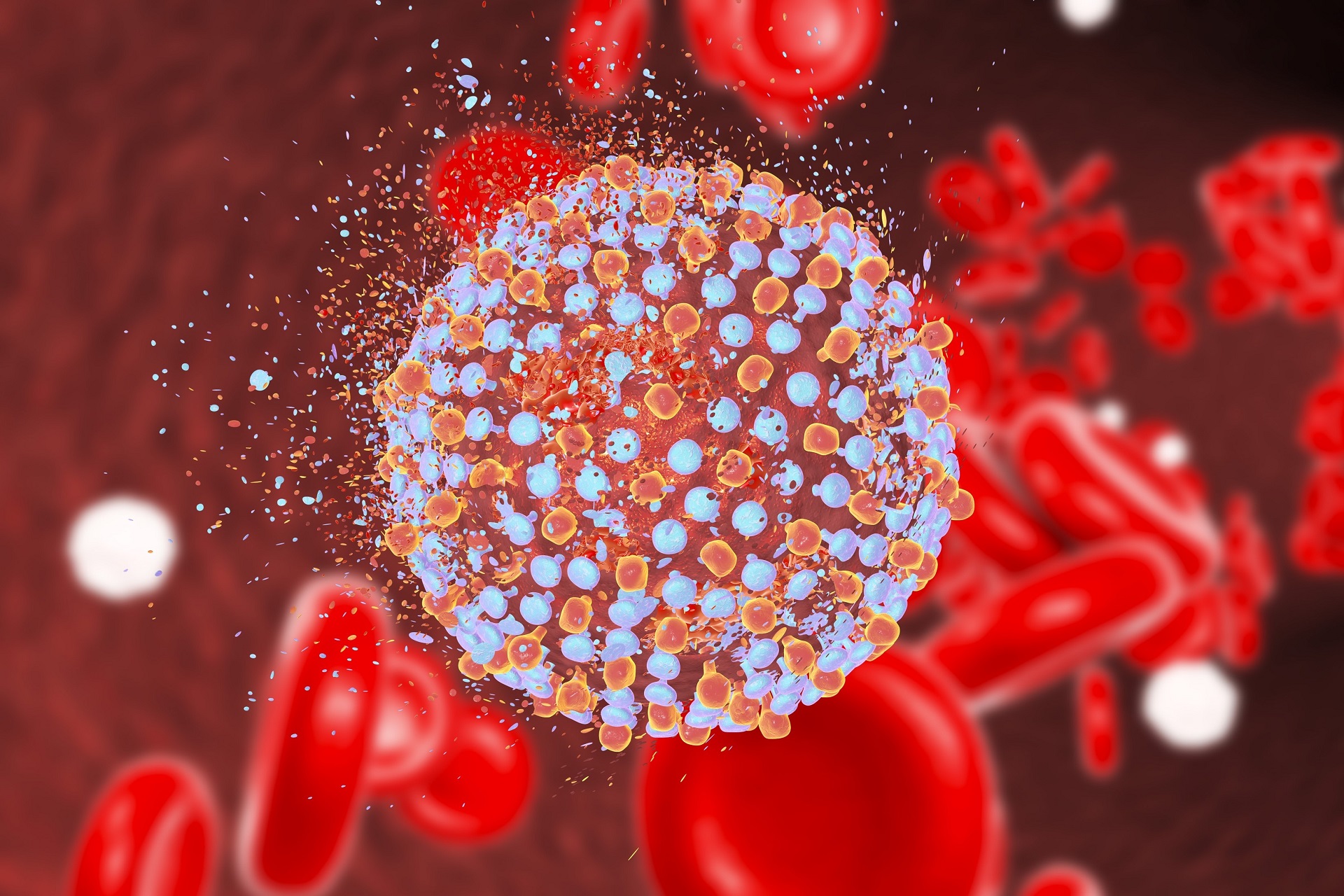Recommendations for the prevention of COVID-19 infection by SARS-CoV-2 coronavirus

To implement COVID-19 prevention of coronavirus SARS-CoV-2 infection, a work group of specialists was launched at Vilnius University (VU). The task force, which is responsible for implementing preventive measures and informing community members, takes all necessary measures to prevent the virus and encourages everyone to remain aware and to rely only on reliable information provided by the official authorities of the country and the VU.
The preventive measures
In the nearest future, general information on virus prevention will be disseminated in all departments of Vilnius University, as well as relevant instructions will be displayed on the stands of the departments, digital screens, and common toilets. Thorough cleaning will be carried out once a day.
Members of the community are urged to refrain from organizing international conferences for the next 14 days, and all necessary hygiene measures are being taken at the events that are already under way. It is also advised to refrain from welcoming foreign visitors and guests from coronavirus focal points - China, Italy, South Korea, Iran, Japan and Singapore. The list of countries may be supplemented if more such focal points occur. Moreover, Community members in Lithuania are advised not to travel to these destinations.
During the next 14 days, the flow of foreign tourists will be prevented by entering the representative VU spaces - yards, museums, and library. In addition, from 28 February until 15 March the Scholarly Communication and Information Centre (SCIC) will only be open from 9 am until 9 pm, to ensure better ventilation and cleanliness of the premises.
Useful information
Coronaviruses (CoV) are a large family of viruses that cause illness ranging from the common cold to more severe diseases such as Middle East Respiratory Syndrome (MERS-CoV) and Severe Acute Respiratory Syndrome (SARS-CoV). A novel coronavirus (nCoV) is a new strain that has not been previously identified in humans.
Coronaviruses are zoonotic, meaning they are transmitted between animals and people. Common signs of infection include respiratory symptoms, fever, cough, shortness of breath and breathing difficulties. In more severe cases, infection can cause pneumonia, severe acute respiratory syndrome, kidney failure and even death.
Standard recommendations to prevent infection spread include regular hand washing, covering mouth and nose when coughing and sneezing, thoroughly cooking meat and eggs. Avoid close contact with anyone showing symptoms of respiratory illness such as coughing and sneezing.
As a reminder, older people, especially those with additional chronic conditions, are more vulnerable to the virus. Therefore, we urge you to remain calm but also alert to protect yourself and people around you.
Based on findings from international experts, the Ministry of Health of The Republic of Lithuania and National Public Health Center under the Ministry of Health recommend people who have recently returned from China, Italy, Hong Kong, Iran, Japan, South Korea, Singapore to stay home for at least 14 days.
More information that is useful can be found here and on the website of World Health Organisation. Communication on these issues is coordinated by the Communication and Marketing Department at VU on behalf of the Preventive Task Force that you can contact via e-mail krs@cr.vu.lt.
